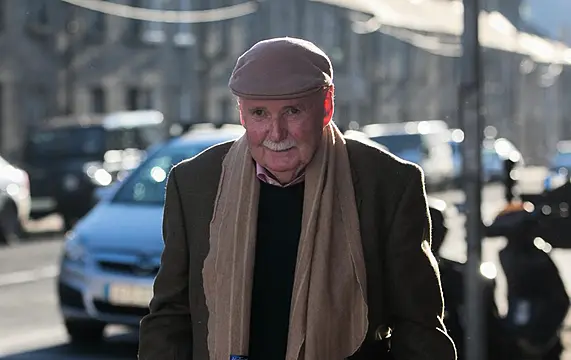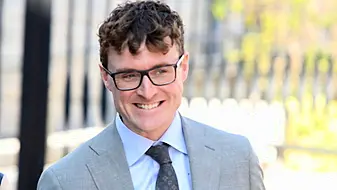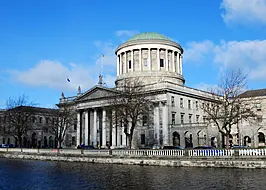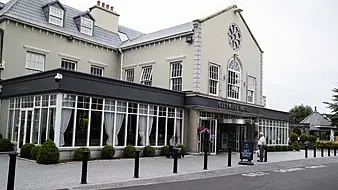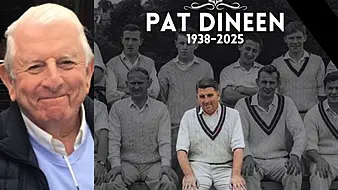A bid by Michael Fingleton to halt proceedings against him over alleged breach of his obligations while he served as the chief executive of Irish Nationwide Building Society will be heard later this month.
Mr Fingleton (83) claims, on grounds of his ill-health, the action brought against him by the special liquidators of Irish Bank Resolution Corporation, which took over INBS after it collapsed with losses of €6 billion, should be dismissed or permanently stayed.
When the proceedings were mentioned before Mr Justice David Barniville today he was told by Lyndon MacCann SC, for IBRC, the application was ready for hearing.
Further delays
Issues had previously arisen about judges of the Commercial Court potentially being conflicted in hearing the application.
Mr Justice Barniville said Mr Justice Tony Hunt - who is not among the judges assigned to commercial matters - was in a position to hear it.
Fixing the hearing for February 23rd, the judge noted any further delay in hearing the application might require updated medical evidence concerning Mr Fingleton’s health.
In proceedings initiated in 2013, IBRC claimed the Society’s €6 billion losses from 2008-2010 arose from development loans made when Mr Fingleton was CEO.
It was alleged, had the true picture of INBS’ affairs been disclosed, Mr Fingleton would have been summarily dismissed for breach of duty by 2007 at the latest and not paid expenses allegedly inappropriately incurred, as well as some €1.2 million in performance bonuses for 2008 and 2009 when he left.
Management structure
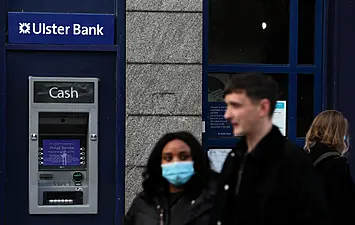
IBRC claimed an “unusual” management structure had operated at the INBS, under which the board effectively delegated its powers over years to Mr Fingleton, who allegedly authorised many loans without prior board approval in breach of the Society’s lending policies.
Other claims included that Mr Fingleton’s alleged wrongful failure to disclose breaches of duty led to INBS suffering further losses, and retaining him as CEO from 2006 even after he resigned as a director, as required, when he turned 70.
He was involved with the Society from 1971, initially as a director, and later as CEO, until 2009.
The case relates to matters dating back to 2006 and centres on the conduct of some 20 transactions over three years to 2010 which have been subject to a forensic accountancy examination.
